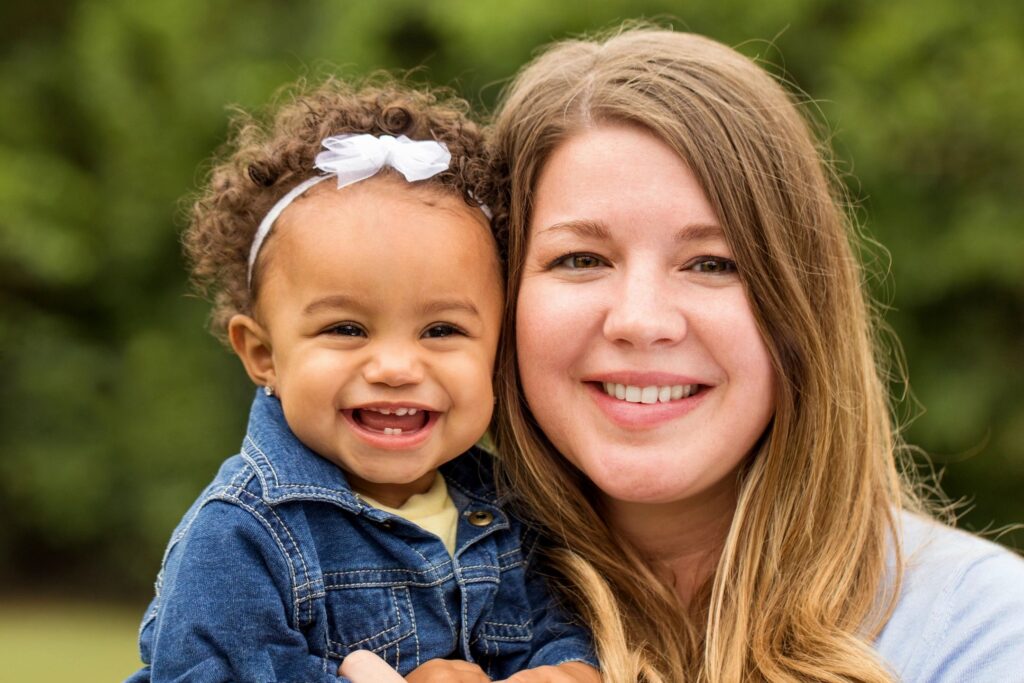Posts by Neil Petersen
What It Means to Feed Someone on a First Date
For those who find first dates confusing, not to worry. We have science to help us figure out what’s going on! What does it mean, for example, when you’re on a dinner date and the other person starts feeding you? Hint: either they think you’ve done an unacceptably bad job of feeding yourself, or they…
Read MoreDesire Thinking Is Common to Different Types of Addiction
Whether it’s addiction to a substance or addiction to a behavior, different types of addiction share certain features. Generally, these involve a strong urge to engage in some type of rewarding behavior despite negative consequences. For psychologists, understanding what ties together different forms of addiction is a key to learning more about how addiction works.…
Read MoreWho Grows the Most From Trauma?
Being able to take a bad situation and turn it into something good is a valuable skill from a mental health standpoint. Perhaps there’s no greater test of this skill than being confronted with a situation that’s not just bad, but traumatic. Different people seem to respond to trauma in different ways. One aspect of…
Read MoreInterventions Can Reduce Ageism
Old age is a life stage that we all hope to reach, but that doesn’t always make us empathetic toward people who have already reached it. Prejudice against older adults shows up in a variety of settings, and older adults feel the effects. A survey by AARP found that three-quarters of adults over 45 felt…
Read MoreParents’ Warm Encouragement Can Help Shy Toddlers
How can parents help shy toddlers become more at ease in social situations? A new study suggests that a combination of warmth and gentle prompting to engage socially might be the answer. The study involved 55 toddlers between 21 and 24 months of age who were temperamentally disposed toward shy behavior. In the study, these…
Read MoreGratitude Might Be a Foundation for Ethical Behavior
Many psychologists believe that gratitude is an especially powerful emotion. People who are more grateful tend to be happier, with higher emotional intelligence. They may also be more ethical, according to a new study. In a paper titled The Grateful Don’t Cheat: Gratitude as a Fount of Virtue, researchers from Northeastern University and Pennsylvania State…
Read MoreBody Temperature, Stress and Social Connection
When we say that someone is “warm,” we can mean that in a literal, physical sense. We might also be saying that they’re friendly, sociable and kind. This link between temperature and psychological state isn’t just metaphorical. Psychologists have found several ways in which body temperature and emotions actually do correlate with each other. One…
Read MoreThe Character Traits of Productive Procrastinators
In the traditional telling of the story, procrastination is the arch-enemy of productivity. The more you procrastinate, the less you get done. But psychologists who study procrastination have questioned that narrative. A 2005 study proposed that there are two types of procrastinators: so-called active and passive procrastinators. Passive procrastinators are your typical procrastinators who struggle…
Read MoreWhy Do Rich People Lie More?
With great power doesn’t necessarily come great honesty. It turns out that wealthier people are more likely to engage in several different kinds of unethical behavior. A 2012 study showed, for example, that people in higher socioeconomic classes were more likely to break traffic laws, cheat in order to win prizes, lie in negotiations, and…
Read MoreSpending Habits Can Reveal Personality Traits
Among the various types of data that are being collected about you while you browse the internet, you can bet that your spending habits are one of them. That raises the question of just how much someone knows about you when they have a record of your purchases. There are some obvious conclusions that can…
Read More









